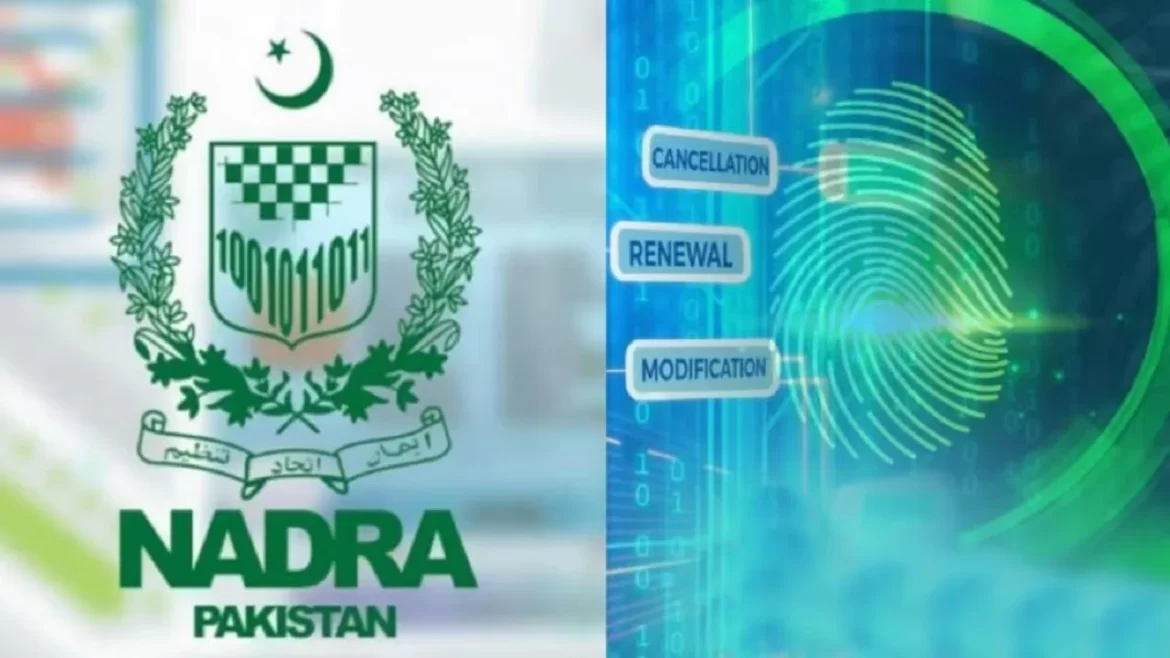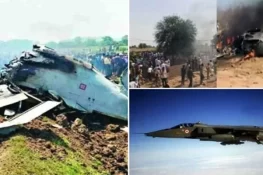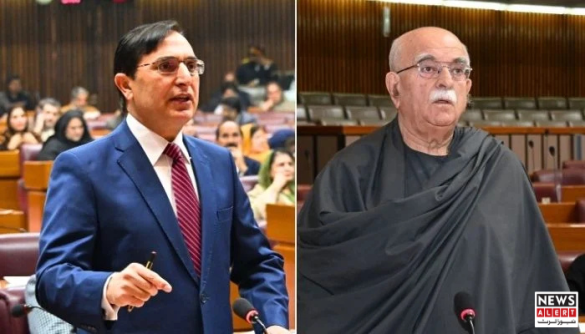A Major Step Towards a Digital Pakistan
In a significant move towards e-governance, Pakistan’s National Database and Registration Authority (NADRA) has launched an online system for registering births and deaths. The initiative is designed to save citizens from repeated visits to local government offices and make vital event registration faster, more secure, and more accessible.
Under the new system, citizens can now apply for the registration of a birth or death directly from their mobile phones. The process is carried out through NADRA’s Pak ID mobile application, which securely connects the applicant with the relevant Union Council for record updates.
Pilot Launch in Three Districts
The online registration service has been rolled out initially in three districts:
-
Chakwal – covering 71 Union Councils
-
Jhelum – covering 44 Union Councils
-
Nankana Sahib – covering 65 Union Councils
NADRA has confirmed that the service will be expanded in phases to cover the rest of the country. The phased approach allows for system testing, public feedback, and fine-tuning before nationwide deployment.
How the Service Works
Through the Pak ID app, users can fill in required details, upload supporting documents, and submit their application without visiting any government office. The relevant Union Council receives the application electronically, verifies it, and updates the official record.
The app’s secure system uses biometric verification and encryption to protect personal information. Once processed, applicants receive confirmation and can obtain the official certificate in digital or printed form.
Benefits for Citizens
The online service aims to remove bureaucratic hurdles and bring convenience to millions of Pakistanis. Key benefits include:
-
Elimination of office visits – no need for multiple trips to Union Councils.
-
Time and cost savings – reduced travel expenses and quicker processing.
-
Enhanced security – biometric authentication reduces the risk of fraud.
-
Ease of access – available anytime, anywhere through mobile devices.
For many, this could mean avoiding hours of waiting in queues and navigating complex paperwork.
Part of a Larger Digital Vision
NADRA’s initiative aligns with the Government of Pakistan’s “Digital Pakistan” vision, which seeks to digitize key public services to improve transparency, accessibility, and efficiency. A similar milestone was marked earlier with Pakistan’s first-ever instant digital birth registration, showcasing the country’s growing commitment to e-governance.
Digital transformation efforts have already brought online services for identity card renewal, family registration certificates, and address changes. By adding birth and death registration to the list, the government hopes to build a more comprehensive and accurate national database.
Accurate records of births and deaths are not only important for personal documentation but also play a vital role in national planning, healthcare policy, and resource allocation. The World Health Organization (WHO) has repeatedly emphasized that countries with robust civil registration systems are better equipped to respond to public health needs and manage population data.
Challenges Ahead
While the launch is a positive development, experts note that challenges remain. Internet connectivity in rural areas, digital literacy gaps, and citizens’ trust in online systems could affect adoption rates. NADRA will need to conduct awareness campaigns and offer guidance to ensure smooth uptake.
Moreover, coordination with local government bodies will be crucial to avoid delays in verification and certification.
Looking Forward
If successfully implemented nationwide, the online registration service could set a precedent for other South Asian countries seeking to modernize their civil registration systems. For Pakistan’s citizens, it offers a tangible improvement in accessing a service that touches every household at some point in life.
As the phased rollout continues, NADRA says it will monitor performance, gather user feedback, and address technical issues to make the service as efficient as possible. The ultimate goal is a paperless, fully digital civil registry accessible to every citizen—whether in a major city or a remote village.















